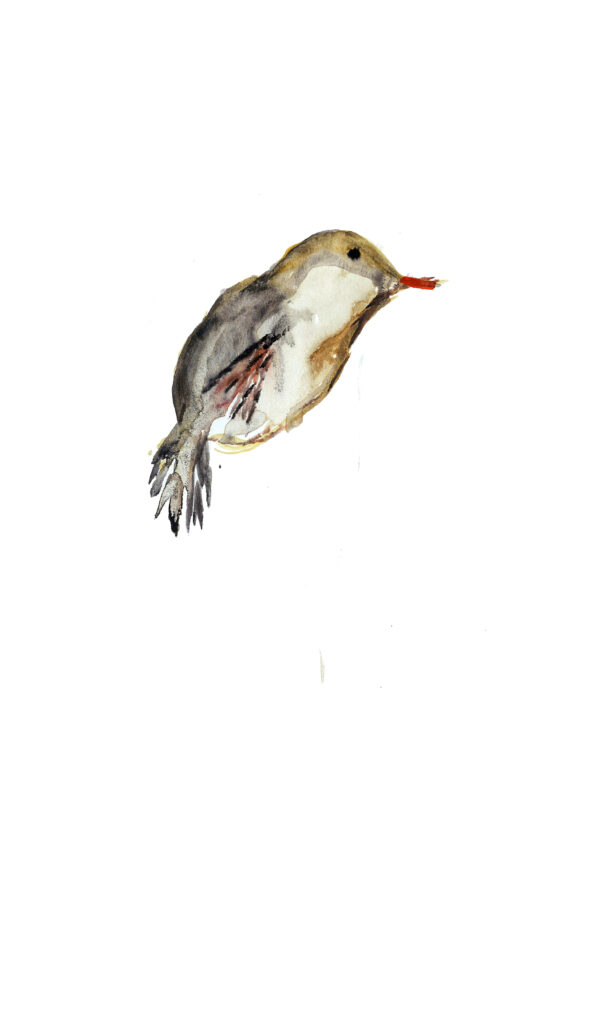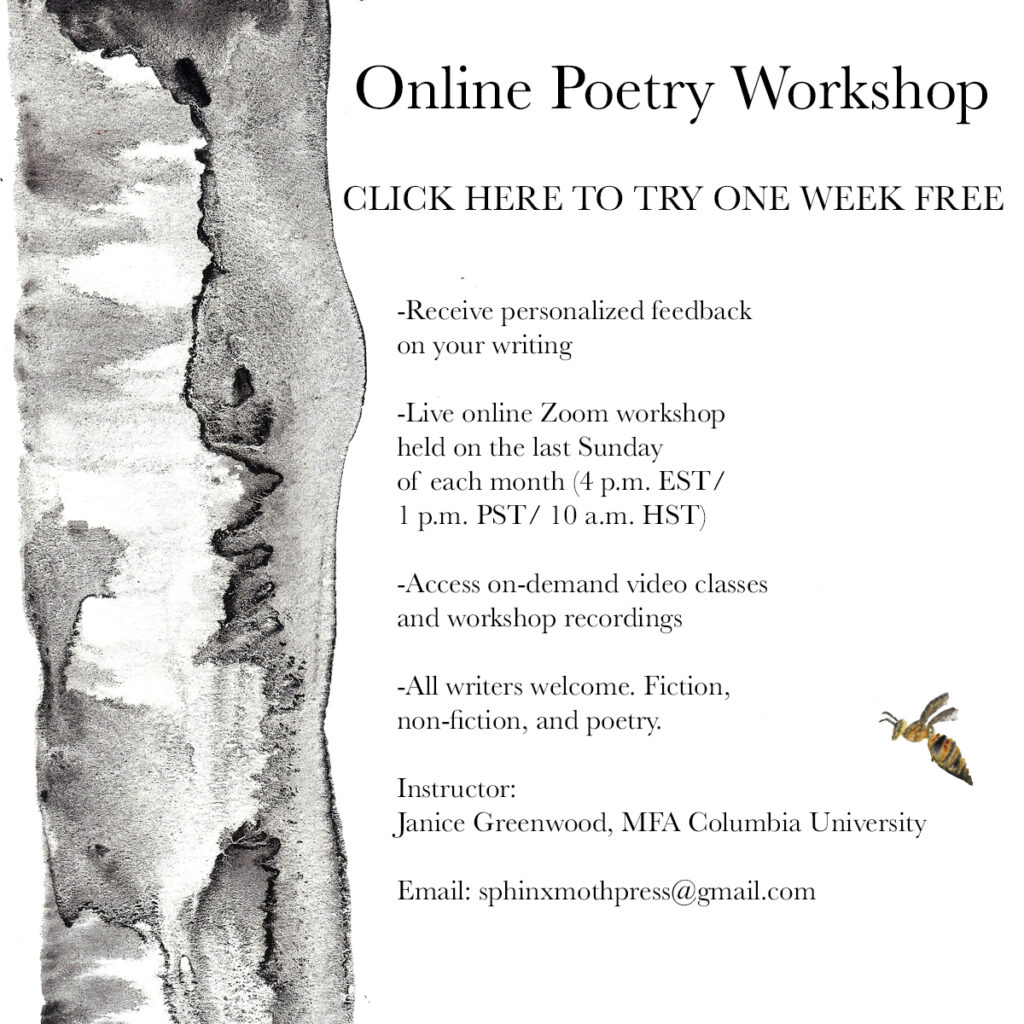Joan Didion is one of the great nonfiction writers of our time, not only for her incisive meditations on grief in The Year of Magical Thinking and Blue Nights, but for her years of magazine writing and reporting in which she produced pitch-perfect essays, one of my favorites of which is “On Self Respect.” Vogue magazine notes that “On Self Respect” was written not to meet a word count, but to meet “an exact character count.” Didion was asked to write the piece to fill in the space left by another writer who hadn’t met a deadline.
“On Self Respect” is a meditation on what it means to define success for oneself, what success really means.
Didion writes: “Most of our platitudes notwithstanding, self-deception remains the most difficult deception.”
Self-respect doesn’t derive from the approval of others who are “deceived easily enough,” but instead derives from an internal reckoning. “However long we postpone it, we eventually lie down alone in that notoriously uncomfortable bed, the one we make ourselves.” Here, we are forced to face “the sins of commission and omission, the trusts betrayed, the promises subtly broken, the gifts irrevocably wasted through sloth or cowardice or carelessness.”
And so success and self-respect depends not on outward validation, on the accolades, the awards, the good reviews, the likes, but instead depends entirely on how we view ourselves.
I think it comes down to having a keen understanding of one’s values, and being able to live up to them. The award will feel empty if it follows from the poem made cynically. The good review can be heartbreaking if it follows from a book written to pander to the crowd. The likes, the validation, the followers, they won’t mean a thing if we cannot sit alone with ourselves in the plain white room.
How do we sit alone with ourselves in that plain white room?
I don’t think we earn self-respect easily. It takes work. It takes risks. It means that we go out into the world, as we are, knowing we will make mistakes, and trusting that we will learn from them. And then we need to return and sit alone in the room, and think about our values, and re-evaluate them, and then evaluate them again. Over and over.
Didion writes: “…people with self-respect have the courage of their mistakes. They know the price of things. If they choose to commit adultery, they do not then go running, in an access of bad conscience, to receive absolution from the wronged parties.”
For Didion, self-respect springs from “the willingness to accept responsibility for one’s own life.”
And yes, we all need to take responsibility for our lives, but also with the understanding that such responsibility is not always easy. Bessel Van Der Kolk, in The Body Keeps the Score, writes, “we…know that, in order to become self-confident and capable adults, it helps enormously to have grown up with steady and predictable parents… A child who has been ignored or chronically humiliated is likely to lack self-respect.”
And so, while self-respect does require what Didion refers to as a kind of “moral nerve,” we need to acknowledge that it is also a pattern of behavior that is learned. Didion herself acknowledges that self-respect “can never be faked but can be developed, trained, coaxed forth.” This creates a paradox. There are those who have been privileged, who have been trained to have self-respect. There are those who know their worth because they had parents who instilled that sense of inner worth in them from the start. Self-respect comes more easily to those who may have had parents who “delighted in you, in your discoveries and explorations; parents who helped you organize your comings and goings; and who served as role models for self-care and getting along with other people” (Van Der Kolk). And so, while I love Didion’s essay for its “moral nerve,” I read it with a sense of having lost something. Character is learned. And when you grow up without stable role models, your construction of character will take much longer, will involve more mistakes, and will rarely come with ready guides and mentors able to help you.
I’ve had a couple of good writing mentors in my life; but I’ve only recently encountered people I would consider my moral mentors. I had to travel halfway across the world to Hawaii to find them. I find them in my friends Denny and Hye who take in injured birds and who are trying to help Hawaii farmers; in my boyfriend artist, Sergio Garzon, who could sell his art for thousands but often sells it for ten bucks because he believes art should be available to everyone.
Self-respect comes when we “put fears and doubts to one side,” when we weigh “immediate comforts against the possibility of larger, even intangible, comforts.” Didion goes on to note that self-respect “is a question of recognizing that anything worth having has its price…” The project may fail, the new house by the sea might get washed away, the marriage might not work out. And yet, those with self-respect, “are willing to invest something of themselves; they may not play at all, but when they do play, they know the odds.”
Self-respect comes when we understand our inner worth. Didion explains that when we have self-respect we have “the ability to discriminate, to love and to remain indifferent.” We are not “in thrall to everyone we see” because we understand what we value. We value our connections because we do not “despise those who have so few resources as to consort with us.” We don’t give in to the demands of others, but make demands of ourselves, and we don’t play roles in our lives, but play ourselves and ourselves alone. We create our own value and pursue things of worth to us.

The power of self-respect is the power to “assign unanswered letters their proper weight, to free ourselves from the expectations of others.”
Success is therefore self-defined based on the values and goals we set for ourselves, based upon our inner moral compass.
Self-respect comes when we figure out what we want and when we work hard, sometimes late into the night, and into the weekend to get it. It’s when we don’t give up. It’s when we come home to the white room, alone, having failed or having succeeded, but able to look in the mirror and recognize who we see there.

About the Writer
Janice Greenwood is a writer, surfer, and poet. She holds an M.F.A. in poetry and creative writing from Columbia University.
